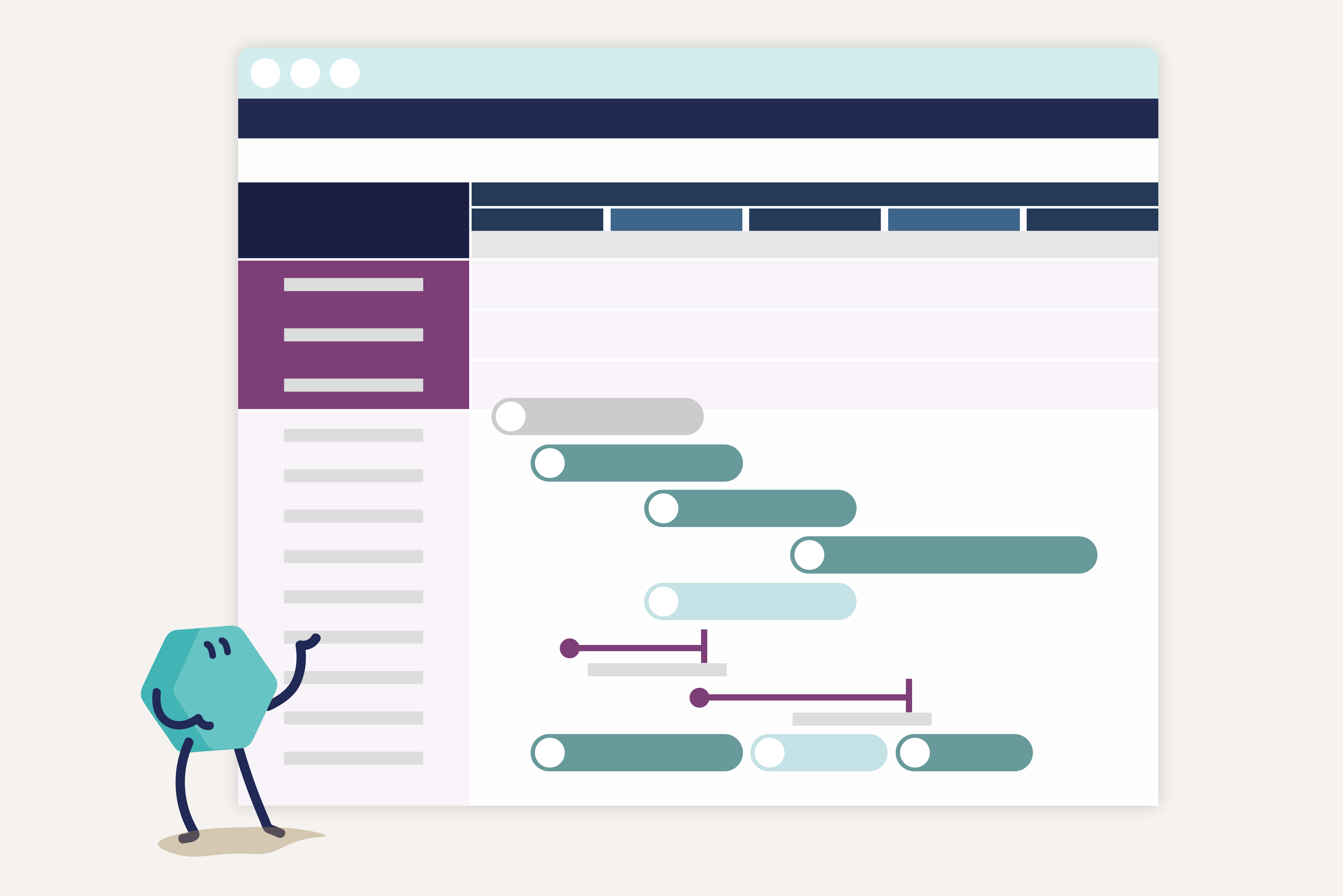The Stakes Are Too High—Patients Need Us to Innovate

Our topic today is on an innovative and exciting technology that will transform how you think about commercialization planning in the biopharma industry. And if you're not thinking about it—maybe you should be. We live a high-stakes game in our industry. We're striving to save patients’ lives, and the enormous cost of developing these therapies—as well as the long-term planning horizon with multiple stakeholders—means that we really need to be focused.
It's jaw-dropping that we still complete the commercialization planning process today in the fragmented way that we do. We should not be doing business as usual. This work is too important. There has been a technology explosion in recent years. We've witnessed these changes in our personal lives, in our work lives, and certainly in biopharma.
We are hearing everywhere about how AI can improve our work—how targets are found, how patients are found, and how clinical trials are conducted. Technology has improved both the patient experience within a clinical trial and their ability to track their own health and well-being. The problem that we're going to talk about is that our industry is known to be slow adopters in the use of technology.
There are numerous places across biopharma where we're not fully adopting the very technology that exists to make our lives better. We are not allowing technology to do the heavy lifting for us. On the business side, we have learned to invest heavily in innovation and science, but our business planning processes, and specifically, the commercialization planning process, are still archaic and inconsistent across companies, disciplines, and disease areas.
How much energy is wasted starting from scratch with a new team—with people coming in and out of the company with empty templates, no templates, or version control issues?
Also, quite often, these emerging biopharma companies have a team that has never done commercialization planning before. Resources are constrained—but patients need us to be efficient. Patients need us to embrace technology.
There are risks with this antiquated, fragmented approach. The biopharma industry is in quite a volatile place right now. Funding is not assured. Decisions are being delayed. How we work post-pandemic—and in general—is different from the past. Can innovative technology be the solution to all these differences and stressors?
The discussion continues in our free on-demand webinar ➡️
Leveraging Technology to Accelerate Biopharma Commercialization Planning—It's About Time (and Money)


